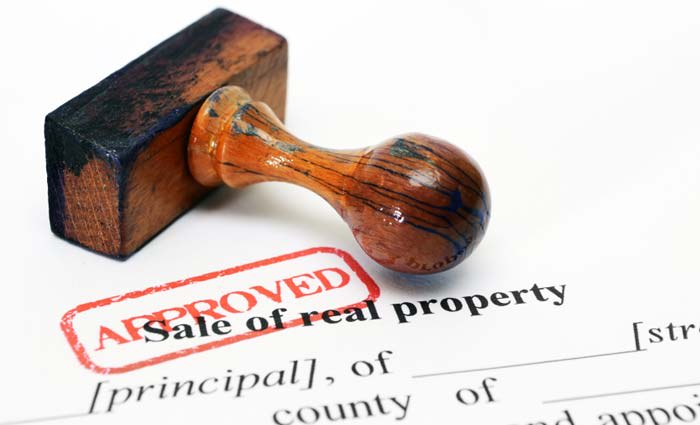What is stamp duty? Investment terms explained
Stamp duty is a tax paid by property buyers upon the purchase of a home or investment property. It’s not only levied on real estate – it’s also charged on a number of other assets – however, it’s most often discussed around property.
It’s charged on land, established homes, new properties, apartments, villas and pretty much all property sales and even gifts of property. Stamp duty is often also payable on your mortgage.
As the figure can add a substantial cost to purchasing a property, it pays dividends to be aware of what the cost may be upfront.
When you’ve bought a property you have 30 days after settlement within which to pay your stamp duty.
However, the total amount does differ by state and territory as it is levied by the state and territory governments and is not a federal charge. This means that buying the same priced property in Victoria will see you charged a different amount than if you bought it in South Australia.
Duty is usually charged by a threshold structure, based on how expensive the property is that you are buying.
You may be eligible for a concession or to even have your stamp duty waived, if you are a pensioner, a first home buyer, purchasing your principal place of residence or buying new (under certain schemes). Similarly, some groups, such as farmers, can achieve concessions. These concessions, again, are decided by your state and territory and so will differ.
Occasionally, no duty or minimal duty will be charged under a certain amount, however this is usually not a figure high enough to purchase a substantial property holding ($25,000 or so). In some states, duty can go as high as 7% for premium-priced properties (over $3 million). Usually, you pay based on the market value or the purchase price and take whichever is higher to do the calculation.
The stamp duty rates can change, so it’s worth keeping an eye out for any alterations made by your state or territory government.
You can usually pay your stamp duty by BPAY, mail, overseas or local EFT or in person at the local regulating office (e.g. OSR). You can also pay ahead of time.
